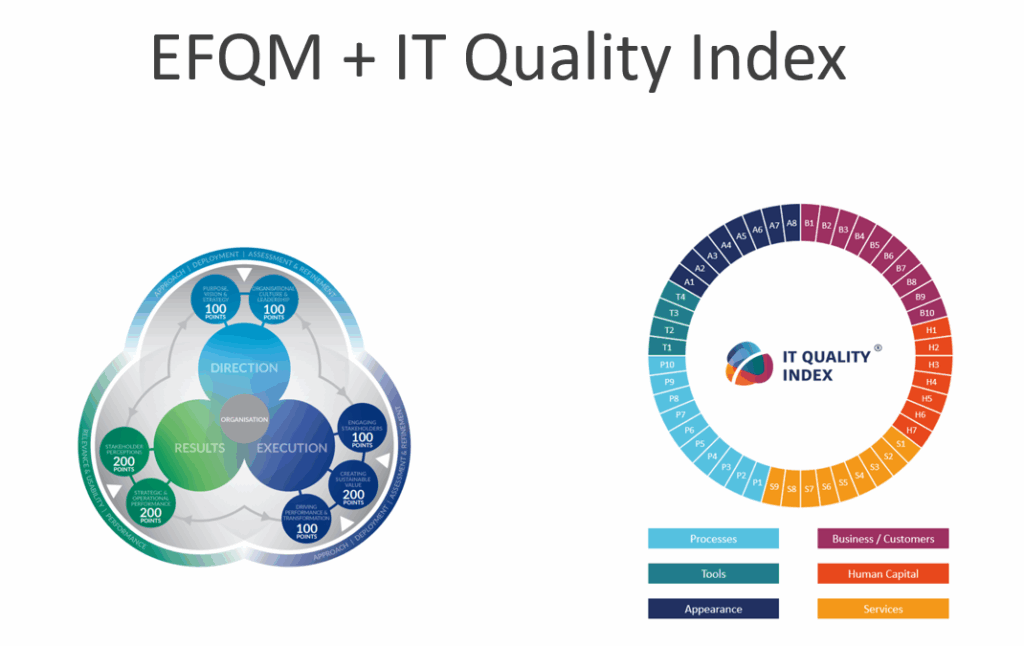For many organizations, quality management has been a long-standing practice—often rooted in assumptions that have gone unchallenged for decades. In production-oriented environments, quality management is typically equated with ensuring that products meet predefined specifications. This includes implementing corrective mechanisms, enforcing consistent product control, and making sure that items not meeting standards are withheld from delivery.
Under this industrial-era mindset, quality is reduced to the ability to deliver consistent output. While this approach remains relevant in manufacturing, it no longer fully captures the complexity and expectations of modern organizations—especially those reliant on knowledge work, services, and digital innovation.
The Evolution of ‘Quality’
This historical imprint has, in many cases, obscured the evolution of quality as a concept. Today, quality is no longer just about meeting fixed criteria—it is about achieving excellence in comparison to peers and adapting continuously to a changing environment.
So, what does “quality” truly mean?
“The standard of something as measured against other things of a similar kind; the degree of excellence of something.”
— Oxford English Dictionary
This redefinition opens the door to more holistic and forward-looking quality frameworks.
EFQM and the IT Quality Index: Complementary Models
The EFQM Model provides a well-established framework for assessing organizational excellence. It enables independent, external evaluations of an organization’s management system, using a 0–1000 point scale to identify strengths and improvement opportunities across a wide range of performance areas.
Similarly, the IT Quality Index applies these principles within the IT domain. It provides an objective, external assessment of IT quality on a 0–100% scale, covering 48 mandatory quality dimensions grouped into 6 IT quality domains. Evaluations are conducted by Accredited IT Quality Experts (AITQEs), ensuring a high level of consistency and credibility.
A Strategic Combination for Holistic Excellence
Combining EFQM at the organizational level with the IT Quality Index at the IT department level offers a strategic and coherent approach to quality. For organizations that view quality as a long-term objective—not just a compliance requirement—this alignment bridges enterprise-wide excellence with IT-specific performance and capabilities.
Conclusion
Organizations that aim to make quality a strategic differentiator are moving beyond the traditional focus on consistent delivery. They are embracing broader, more dynamic views of excellence—where IT plays a critical role. In today’s environment, nearly all business processes and management practices are IT-enabled and continuously innovated. Integrating EFQM and the IT Quality Index helps organizations ensure that their quality efforts reflect this modern reality.
